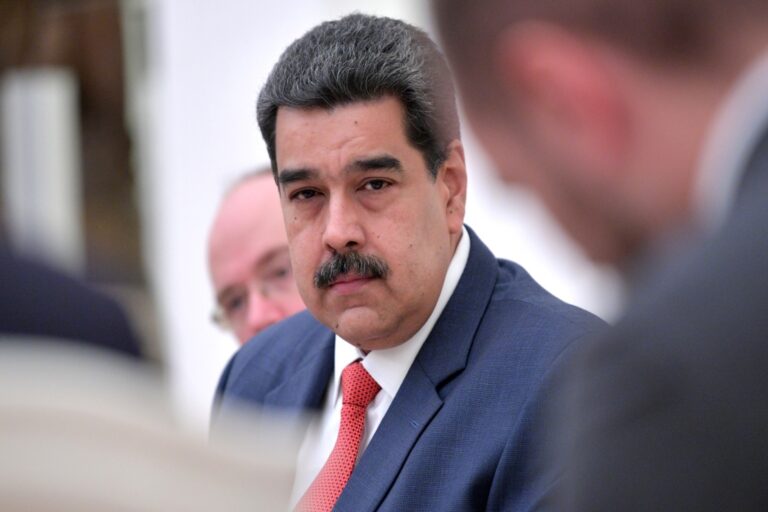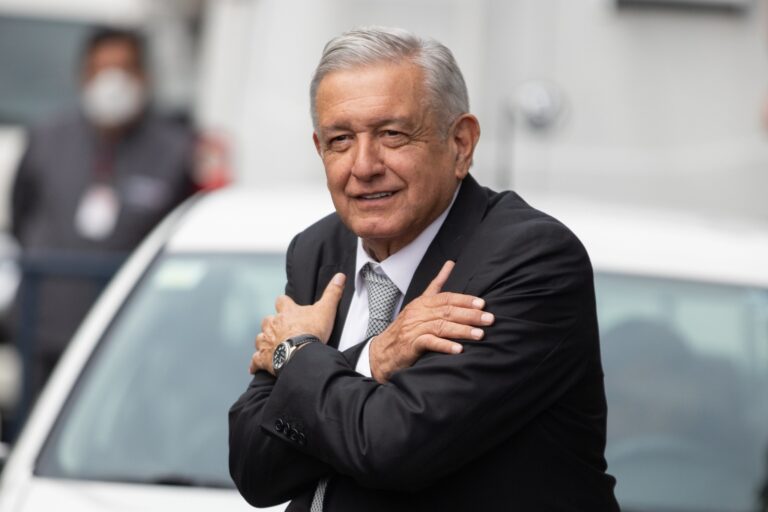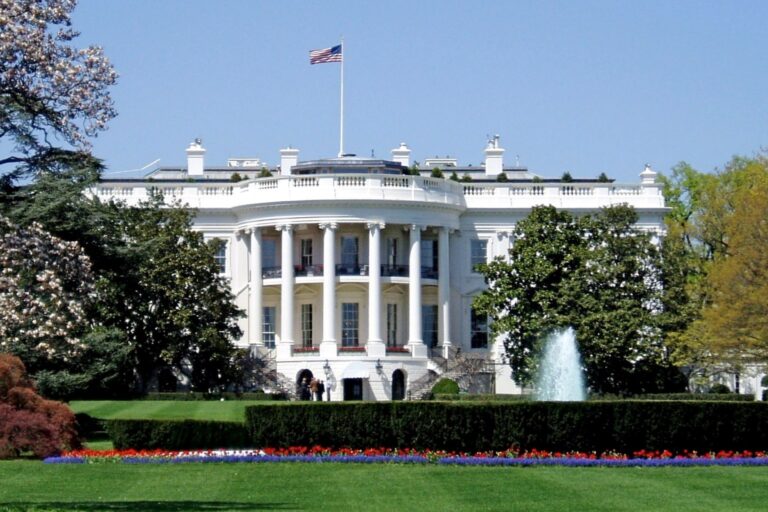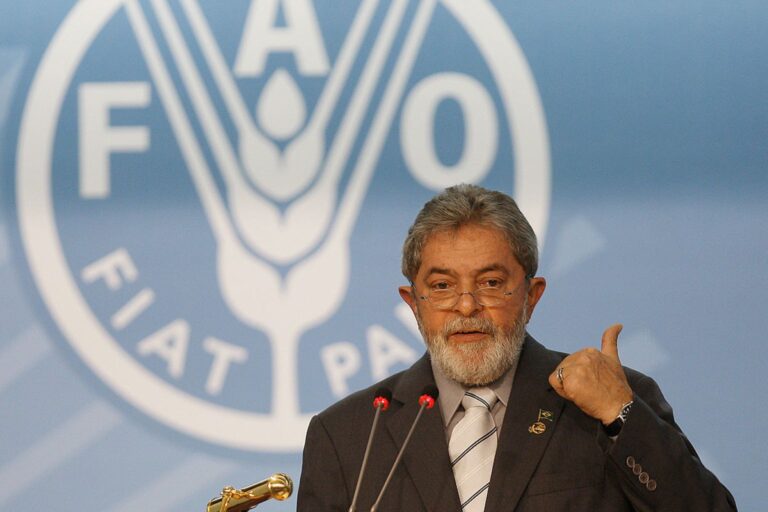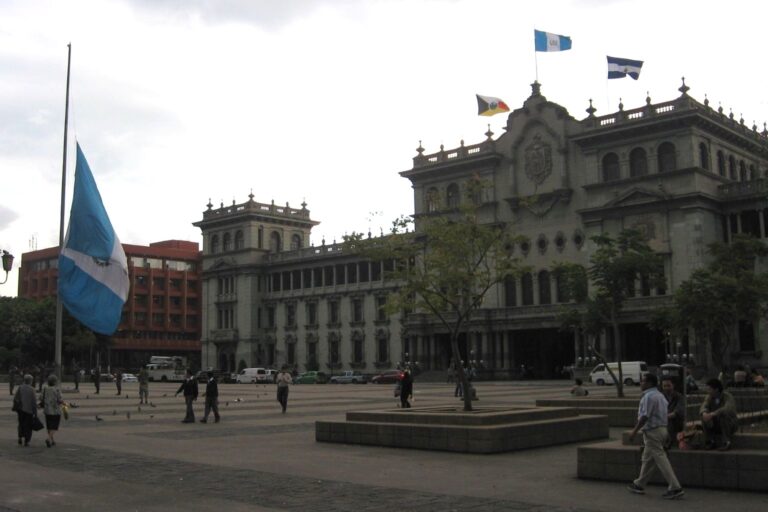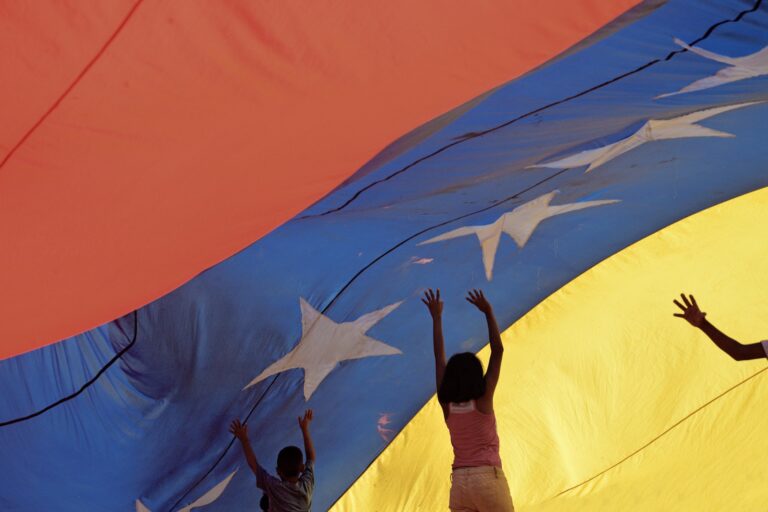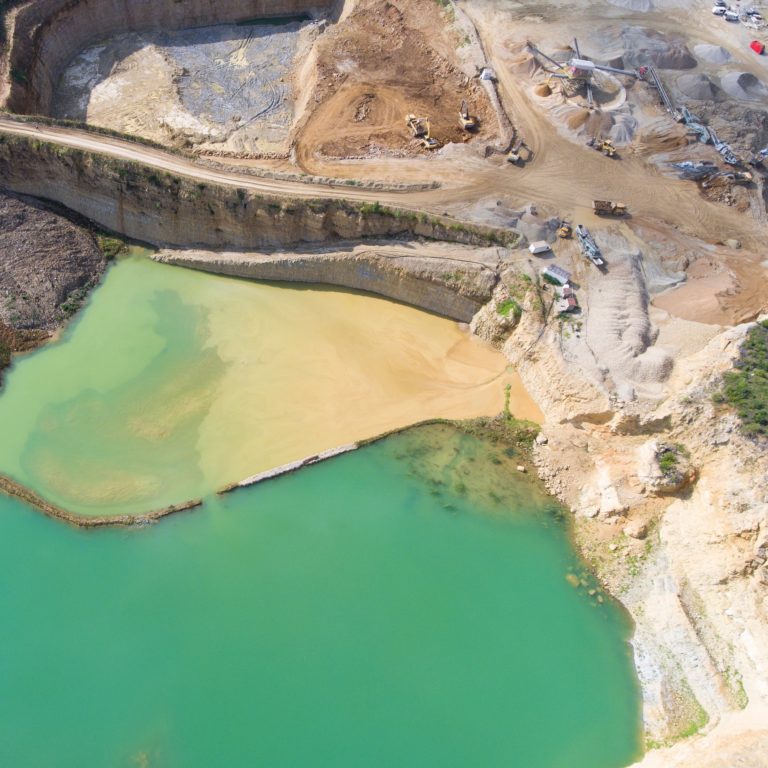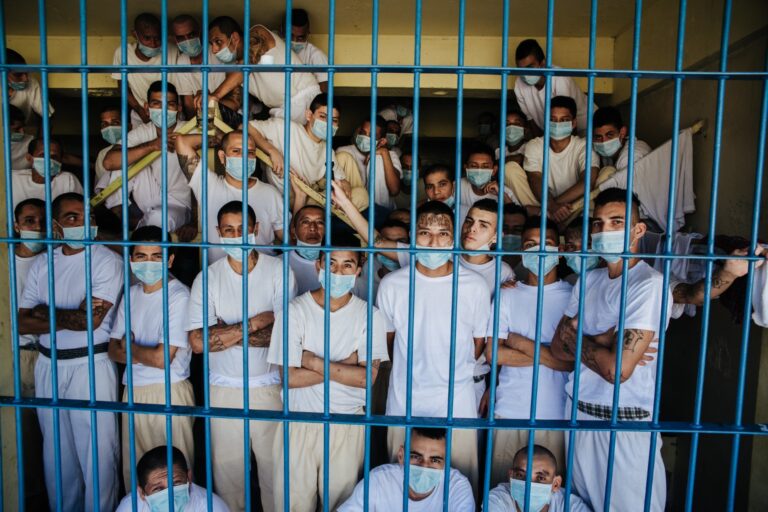
El Salvador’s Controversial Offer: Housing U.S. Criminals in Its Mega-Prison
El Salvador’s ‘maverick’[1] president, Nayib Bukele, has proposed a unique agreement with the United States, offering to house American criminals and deportees[2] in its notorious mega-prison, Centro de Confinamiento del Terrorismo (Terrorism Confinement Center, abbreviated CECOT). This unprecedented deal, put…

